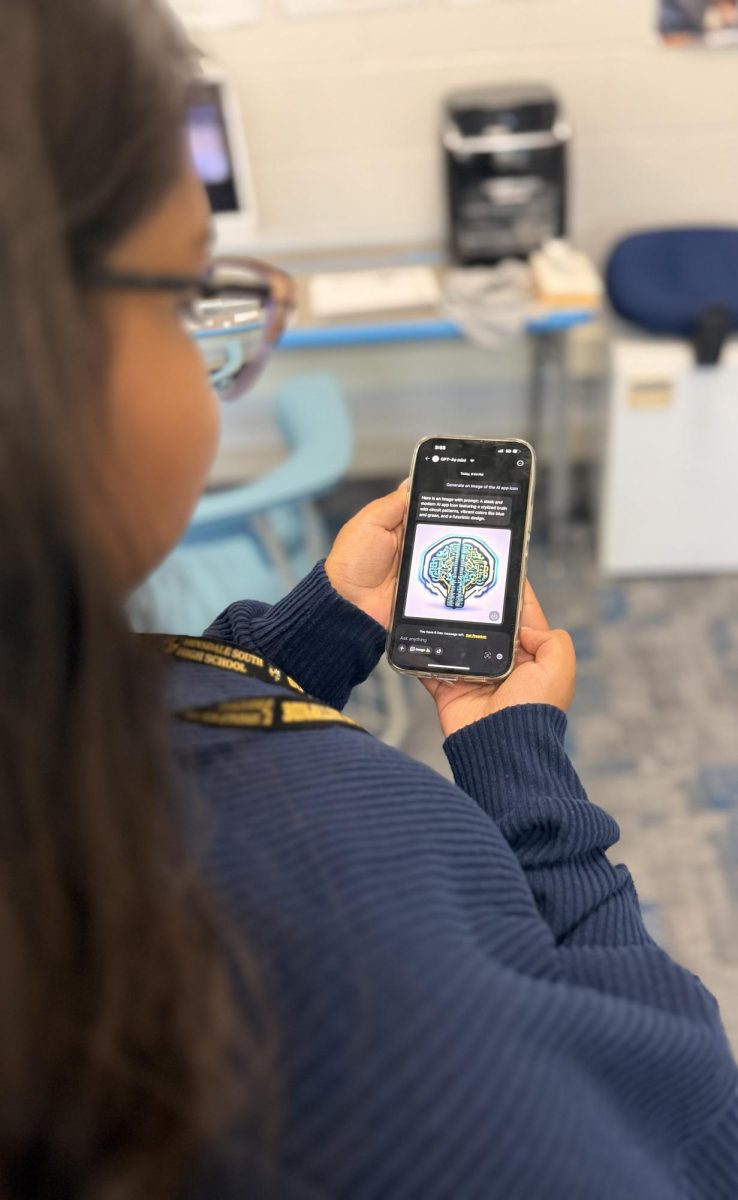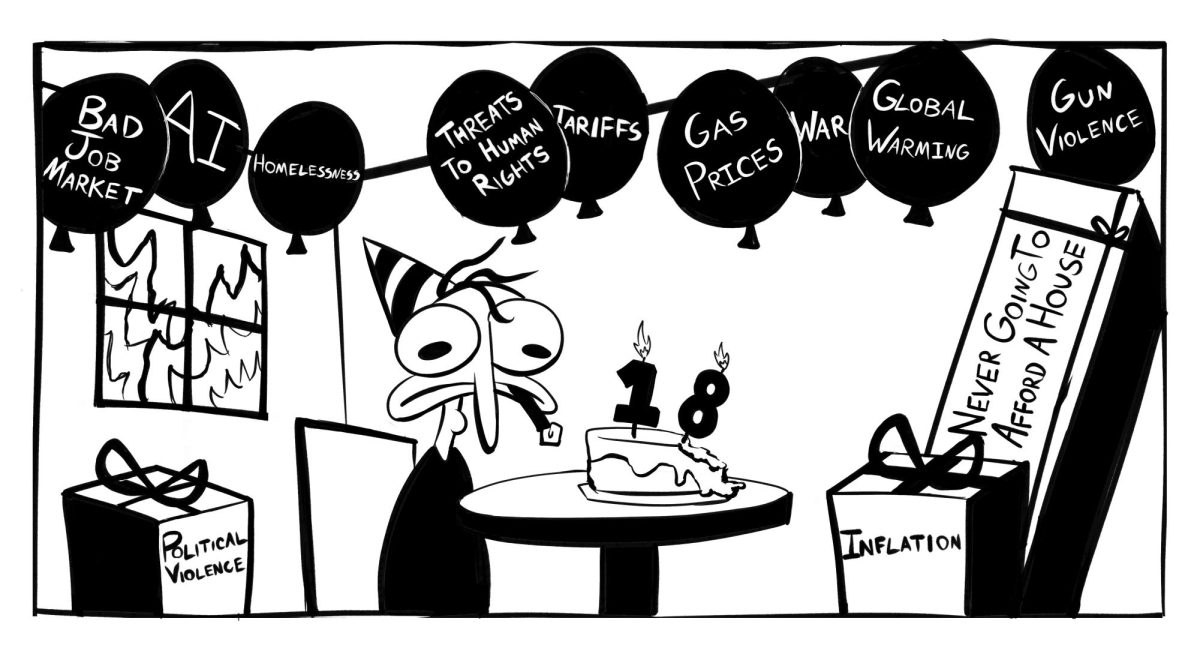There’s a lot of debate these days about whether going to college is still worth it. With rising tuition costs and more career options available, it’s easy to wonder if spending four years (and a lot of money) at a university is really the best choice.
On one hand, a lot of people still believe that college is essential. They argue that it opens up better job opportunities and leads to higher salaries in the long run. According to some studies, people with college degrees make about a million dollars more over their lifetime than those without one. This is a pretty big deal, especially when thinking about future stability and financial security. Plus, certain careers—like doctors, lawyers, and engineers—require a degree no matter what. If you want to go into one of these fields, there really isn’t another option.
College is also seen as a place for personal growth. For many, it’s a chance to learn new things, meet people from different backgrounds, and experience life away from home for the first time. Some students say that these experiences are just as valuable as the degree itself. There’s also the networking aspect. Being in college puts you in touch with professors, peers, and alumni who can help you land internships and jobs after you graduate. In this way, college is more than just classes, it’s about building connections that might not be available elsewhere.
On the flip side, college isn’t for everyone. One of the biggest issues is cost. Over the past few decades, tuition has skyrocketed, leaving students (and their families) with huge amounts of debt. This makes many question whether the financial burden is really worth it, especially when there are alternative ways to learn and build a career. Trade schools, for example, offer a quicker path to good-paying jobs in industries like plumbing, electrical work, and HVAC. These careers don’t require a four-year degree, but they can still provide solid incomes and stable work.
In addition, the rise of online learning and other forms of education makes it possible to learn coding, marketing, design, and even business skills through online courses or bootcamps. These programs are often much cheaper and quicker than a traditional college degree, and some companies are starting to hire people without degrees as long as they have the necessary skills.
In the end, whether or not college is still “worth it” depends on your goals and situation. For some people, it’s the right choice, especially if they want to enter a field that requires a degree or if they see value in the college experience. For others, it might make more sense to explore different paths, especially if they want to avoid student debt or start working sooner. Everyone’s journey is different; the key is to make a decision that works best for you and your future.














